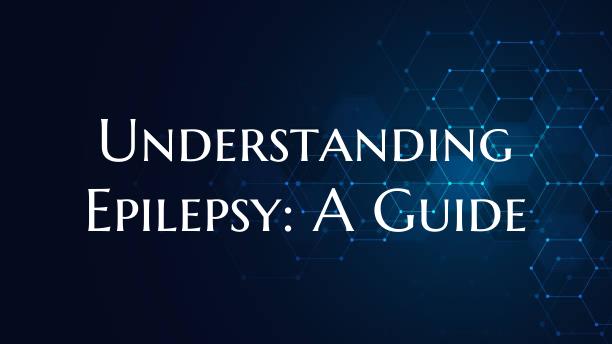
Understanding Epilepsy: A Guide
Epilepsy is a neurological disorder that affects the brain's electrical activity, leading to recurrent seizures or unusual behavior, sensations, and sometimes loss of consciousness. Understanding epilepsy is crucial for those diagnosed with the condition, as well as their families, friends, and caregivers. This guide aims to provide a comprehensive overview of epilepsy, including its causes, symptoms, diagnosis, treatment options, and how to support individuals living with epilepsy.
1. What is Epilepsy? - Epilepsy is a chronic disorder characterized by unpredictable seizures. - Seizures occur due to sudden, excessive electrical activity in the brain. - Types of seizures can vary in intensity and manifestation, affecting individuals differently.
2. Causes of Epilepsy - Epilepsy can be caused by various factors, including genetic predisposition, brain injuries, infections, tumors, or developmental disorders. - In some cases, the cause of epilepsy may remain unknown (idiopathic epilepsy).
3. Symptoms of Epilepsy - Seizures can present as convulsions, muscle spasms, loss of consciousness, confusion, staring spells, or sensory disturbances. - Aura or warning signs may precede a seizure in some individuals.
4. Diagnosis and Testing - Diagnosis of epilepsy involves a comprehensive medical history, physical examination, neurological tests, and imaging studies (MRI, CT scans, EEG). - Video-EEG monitoring may be used to record brain activity during a seizure for accurate diagnosis.
5. Treatment Options - Antiepileptic medications are commonly prescribed to control seizures and manage epilepsy. - Other treatment options include ketogenic diet, vagus nerve stimulation, responsive neurostimulation, and sometimes surgery.
6. Living with Epilepsy - Managing epilepsy involves regular follow-ups with healthcare providers, medication adherence, lifestyle modifications, and seizure first aid training. - It is essential for individuals with epilepsy to maintain a seizure diary and seek support from epilepsy advocacy groups and community resources.
7. Supporting Individuals with Epilepsy - Friends, family, and caregivers can support individuals with epilepsy by being informed, understanding their needs, and creating a safe environment. - Educating others about epilepsy can help reduce stigma and promote inclusivity.
Understanding epilepsy is the first step towards effectively managing the condition and providing support to those living with it. By raising awareness, promoting education, and fostering a supportive community, we can empower individuals with epilepsy to lead fulfilling lives and break down barriers to their well-being.